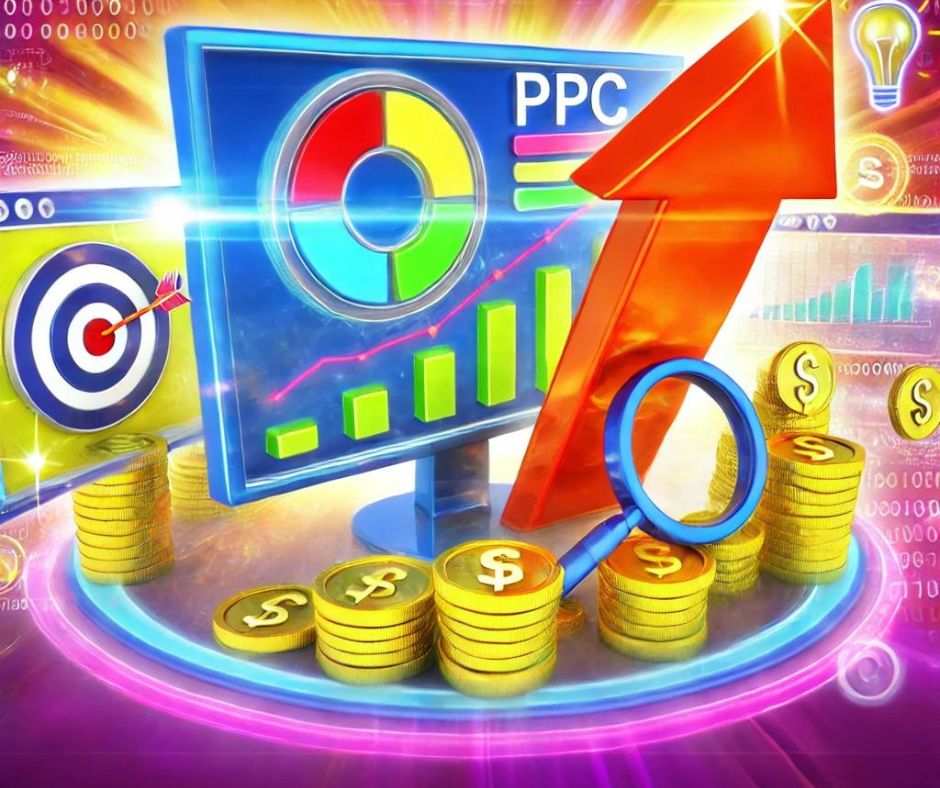Introduction
In the Beginner’s Guide to PPC, I’ll walk you through the basics of Pay-Per-Click advertising. This method of digital marketing can significantly boost your online presence when executed correctly. It’s not just about creating ads; it’s about strategy, monitoring, and refining your approach. Let’s dive into what PPC is and how you can use it to your advantage.
What Is PPC and How Does It Work?
PPC is an online advertising model where you pay a fee each time someone clicks on your ad. It’s a way to buy website visits rather than waiting to earn them organically. PPC ads appear on search engines, social media platforms, and other websites, targeting specific keywords relevant to your business. With PPC, you control the ad budget and who sees your ads, making it a flexible marketing tool.
Benefits of Using PPC Advertising
PPC advertising offers several benefits for businesses of all sizes. Firstly, it provides measurable results. You can track impressions, clicks, conversions, and other metrics to understand your campaign’s effectiveness. Secondly, it allows for precise audience targeting. You can choose who sees your ads based on factors like location, age, interests, and browsing habits. Lastly, PPC is cost-effective. You set the budget and only pay when someone engages with your ad.
How to Set Up Your First PPC Campaign
To start with PPC, choose a platform like Google Ads or Facebook Ads. Next, identify keywords relevant to your product or service. Use keyword research tools to find terms with high search volume and low competition. Then, create compelling ad copy that speaks directly to your target audience. Remember to include a clear call-to-action. Lastly, set a budget and bid strategy that aligns with your marketing goals.
Tips for a Successful PPC Campaign
- Keyword Selection: Use specific, long-tail keywords to attract the right audience.
- A/B Testing: Test different ad variations to see what resonates best with your audience.
- Monitor Performance: Regularly check your campaign metrics to adjust bids and keywords.
- Optimize Landing Pages: Ensure that the page linked to your ad is relevant and user-friendly.
Common Mistakes to Avoid
Many beginners make mistakes that can hurt their PPC campaigns. Avoid choosing overly broad keywords, as they can attract irrelevant clicks. Don’t ignore the quality of your landing page; it must match the ad’s message. Additionally, refrain from setting a “set-it-and-forget-it” budget; regular adjustments are crucial for success.
Conclusion
The Beginner’s Guide to PPC is designed to help you get started with pay-per-click advertising confidently. PPC can be a game-changer for your business when done correctly. Keep learning, testing, and refining your approach for the best results.













